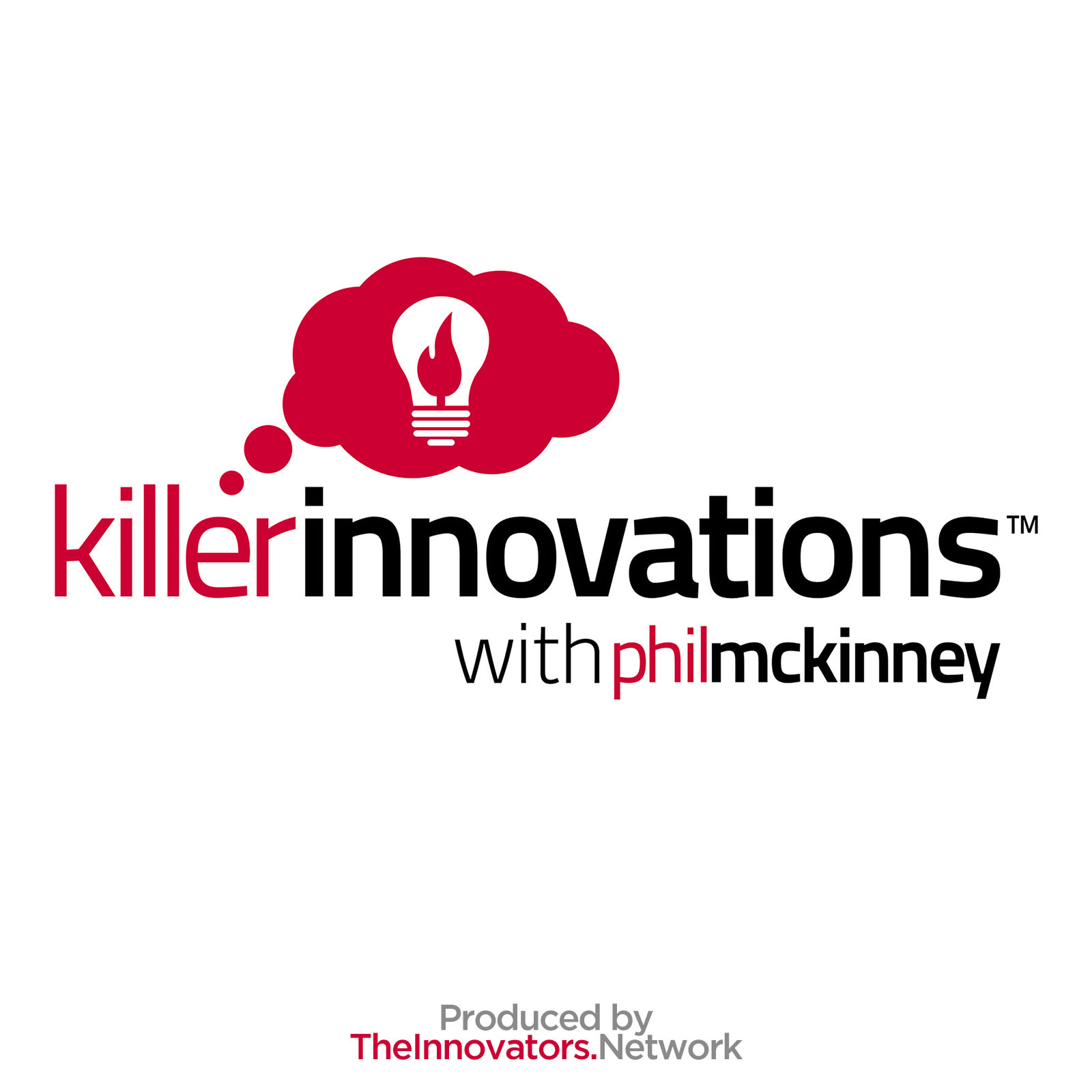Understanding the Innovation Economy and Its Impact on Our World

b'As an innovator, you must understand the innovation economy and how your creative work will affect you personally and professionally.
\\n
\\nThe innovation economy, often characterized by rapid technological advancements and digitalization, is emerging as a powerful global force. It represents a shift from traditional industries to more knowledge-based ones, where ideas, innovation, and intellectual capital drive economic growth.
\\n
\\nUnleash your creativity, for it is the brush that paints the picture of our future.
\\n
\\nThe significance of the innovation economy is paramount in today\'s world. It fosters creativity and entrepreneurship, propels job creation, and is a potent weapon against economic stagnation. As we navigate through the 21st century, understanding the mechanics of the innovation economy becomes increasingly crucial, as it has the potential to redefine our societal structures and shape our future.
\\nRedefinition of Value in the Innovation Economy
\\nThe innovation economy has radically redefined value, moving beyond traditional metrics. Previously, tangible assets like real estate, machinery, and raw materials were the primary indicators of a company\'s worth. Today, intangible assets such as ideas, innovation, and intellectual capital form the cornerstone of economic value.
\\nFor instance, consider how companies like Uber and Airbnb have revolutionized their respective industries. Uber, owning no cars, became the world\'s largest taxi service, while Airbnb, owning no real estate, transformed into the biggest accommodation provider. These companies underscore the power of innovative ideas, turning conventional business models on their heads and redefining value in service, convenience, and user experience.
\\nThis seismic shift represents the crux of the innovation economy, where value is derived from what we can see or touch but also from the novelty and utility of ideas.
\\nInnovation Economic Definition
\\nThe key difference between innovation and traditional economies lies in their value drivers.
\\nTraditional economies focus primarily on producing goods and providing services, with value driven by physical assets and manual labor. This model often relies heavily on established procedures and practices, with less emphasis on novel ideas or strategies. Traditional economies are slower to adapt to change and are characterized by steady, incremental growth.
\\nContrastingly, the innovation economy is dynamic, adaptable, and agile. It prioritizes knowledge, creativity, and intellectual capital above physical assets. It\'s characterized by rapid technological advancements and the continuous evolution of ideas. Growth in an innovation economy is exponential rather than linear, with new markets and industries emerging at an increasing pace.
\\nIn an innovation economy, the flow of information is critical. Thanks to the digital revolution, ideas and information can be shared instantly across the globe, leading to faster innovation cycles. In this context, technology is not merely a tool but a fundamental driver of economic value.
\\nTo realize the impact, the innovation economy places immense importance on entrepreneurship. Entrepreneurs, with their inherent risk-taking ability and penchant for disruptive ideas, are at the heart of this new economy, often leading the way in creating new industries and reshaping existing ones.
\\nInnovation Economy is Changing the World
\\nThe innovation economy is driving monumental changes across the globe, reshaping industries, altering labor markets, and revolutionizing our daily lives.'